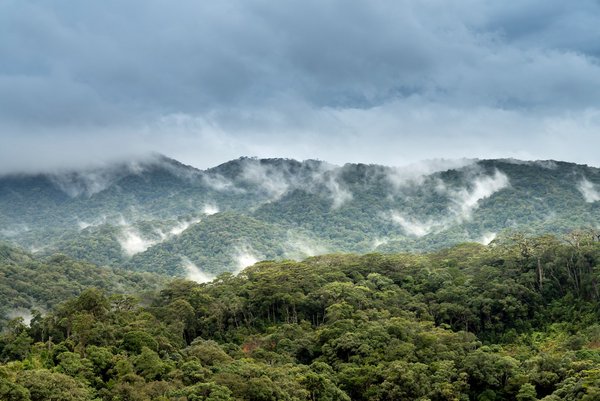
Towards improved CO2 predictions
What factor limits the predictability of atmospheric CO2 concentration? Scientists from the Max-Planck-Institute for Meteorology, in collaboration…
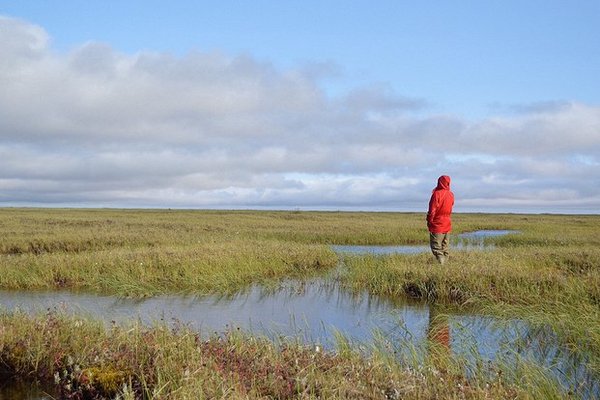
Methane emissions from Arctic ponds are sensitive to warming-induced vegetation changes
Arctic ponds are important sources of methane emissions, and knowledge on their role in the future methane budget is lacking. A new study led by…
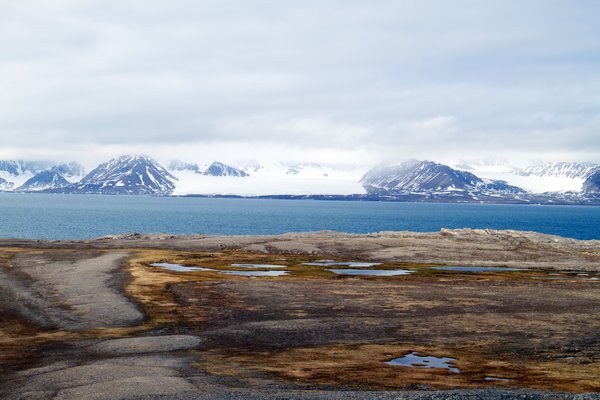
Permafrost hydrology plays an important role in global climate simulations, new study shows
Earth system models exhibit large inter-model differences in the simulated climate of the Arctic and subarctic zone, with varying sea ice…
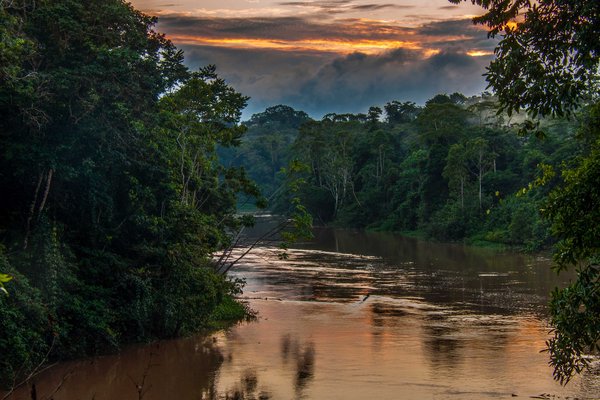
Tropical wetlands drove methane changes since the last glacial
In a new study in Climate of the Past Dr. Thomas Kleinen and Prof. Victor Brovkin, researchers at the Max Planck Institute for Meteorology, together…
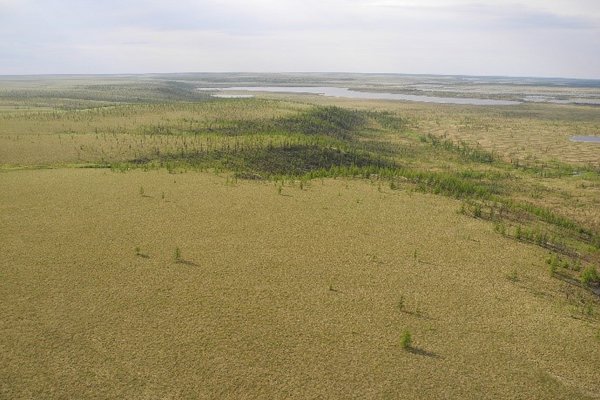
The conundrum of forest expansion after the last ice age
How fast the Northern Hemisphere forest macro ecosystem tracks strongly warming climates such as projected for the near future is largely unknown. In…
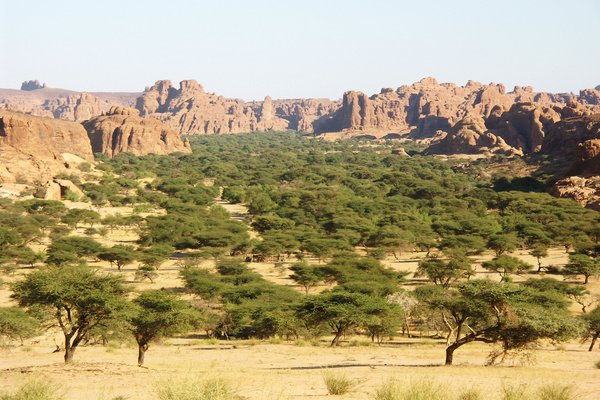
Earth´s orbit and greenhouse gas concentrations influence African humid periods
In a new study, researchers at the Max Planck Institute for Meteorology have investigated what caused African humid periods to vary in duration and…
![[Translate to English:] [Translate to English:]](/fileadmin/_processed_/3/c/csm_grafik_Aktuelles_Dallmeyer_6x4_2_c8a6850382.jpg)
Holocene vegetation transitions and their climatic drivers in MPI-ESM1.2
Do we understand the migration of global vegetation patterns over the last millennia during the transition from the mid Holocene some 8000 years ago…
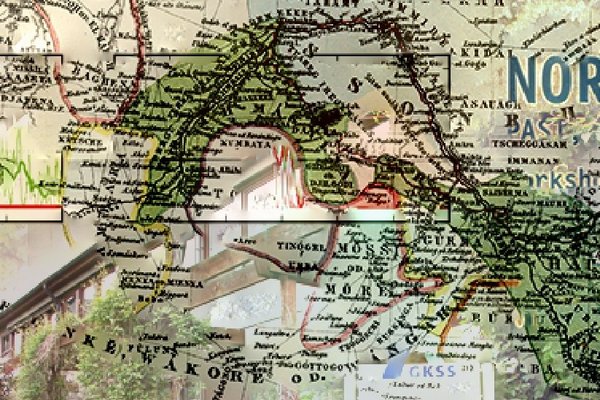
Fluid physics, turbulence and vegetation modeling: Martin Claussen and his research interests
After 16 years as Professor of Physical Meteorology at Universität Hamburg and as Director at the Max Planck Institute for Meteorology (MPI-M), Prof.…
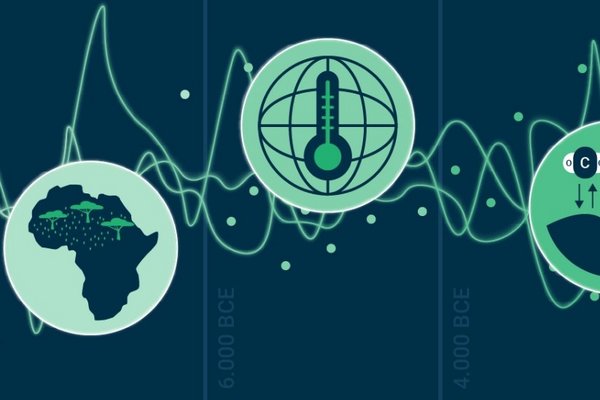
Variability of the Earth system over the last 8000 years
After the peak of the last ice age about 21,000 years ago, the great ice masses that had covered large parts of North America and northern Europe…
![[Translate to English:] [Translate to English:]](/fileadmin/_processed_/0/e/csm_Wald_Unsplash_49192c44f7.jpg)
Robust detection of deforestation effects on climate takes decades
Globally, about 22 million square kilometres (Mio km2) of forest have been removed between AD 800 and 2015. This deforestation might double until…
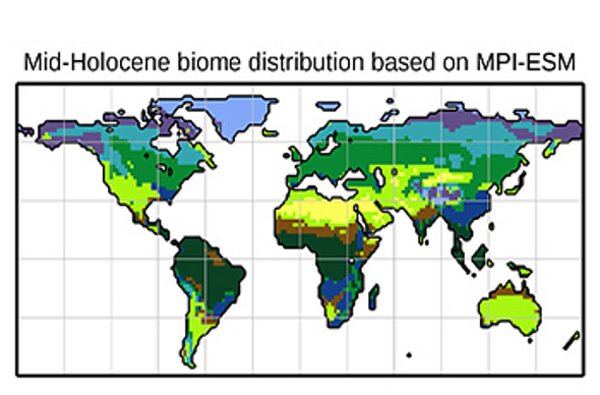
New method for evaluating Earth System Models
In a new study published in Climate of the Past and highlighted by the journal, Anne Dallmeyer, Victor Brovkin and Martin Claussen from the…

More peat carbon in warm climates
In a ground-breaking study Dr Thomas Kleinen and Prof. Victor Brovkin from the Department "The Land in the Earth System" at the Max Planck Institute…

